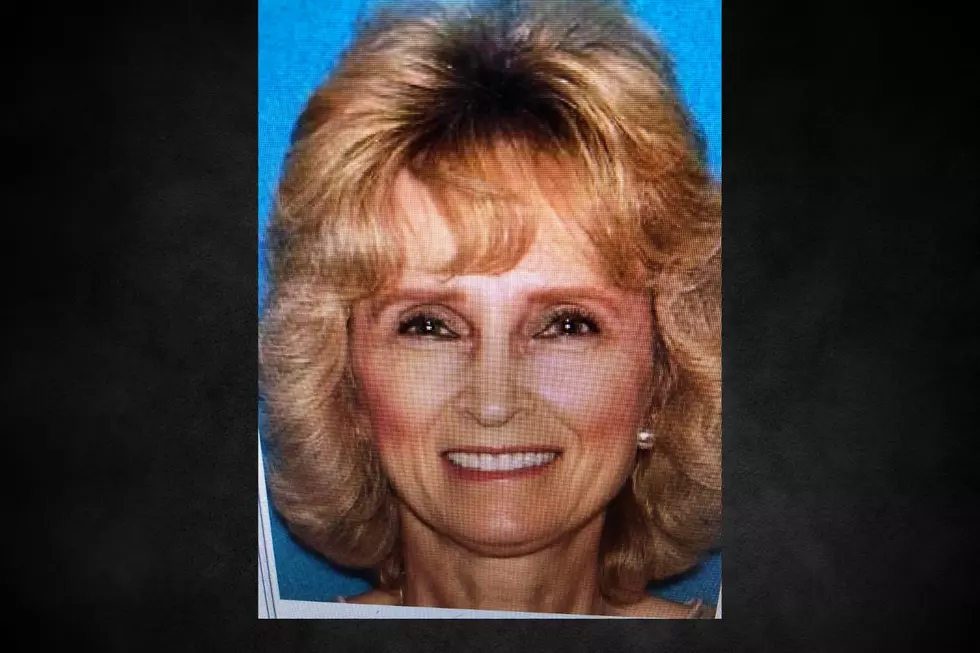![NJ Assembly Proposes Law That Could Use Therapy as Way to Seize Guns from Owners [POLL]](http://townsquare.media/site/385/files/2013/03/guns1-300x225.jpg?w=980&q=75)
NJ Assembly Proposes Law That Could Use Therapy as Way to Seize Guns from Owners [POLL]
We’re all pretty much in agreement that better mental health screening would be one way to prevent the tragedies like the ones we’ve seen in the recent past from happening again.
What form that screening should take is up for debate.
The New Jersey Assembly is proposing a series of laws that would require, among others, mental health professionals to report to the attorney general any patients they feel would be likely to harm themselves or others, which in turn would allow authorities to seize the guns from these patients should they be registered gun owners.
The key phrase there is “would be likely”, as opposed to the current standard, which is “imminent threat”.
It may sound sensible on the surface, but the devil is in the details.
The Assembly has passed a series of bills focusing on guns, including A-3754, which would apply to psychiatrists, psychologists, doctors, nurses, clinical social workers, and marriage counselors.
Many of these professionals argue that the bill could do more harm than good.
The measure would require them to report to the attorney general any patient who is “likely to engage in conduct that would result in serious harm to that patient or others.” The attorney general’s office would then check to see if the patient has any gun permits and, if he or she does, instruct the police to seize the weapons.
Some mental health professionals said the bill could lead patients who own guns to lie to their therapists or to avoid seeking mental health care in the first place.
In addition, the bill’s language is more open to interpretation than current state law that requires these practitioners to violate patient confidentiality.
Current law requires practitioners to violate confidentiality only if a patient has made a threat of “imminent, serious violence” against a particular person or himself or herself -- or if it’s reasonable to believe that the patient would carry out such an act. The therapist is then required to either arrange for the patient to be voluntarily or involuntarily committed, advise police of the threat, or warn the intended victim or the patient’s parents if the patient is a minor.
According to Louis Schlesinger, a forensic psychology professor at John Jay College of Criminal Justice in New York, “You don’t want to make it harder for mental health practitioners to do their already incredibly difficult jobs.”
Schlesinger, who has written eight books on homicide and other violent crimes, said
“Too many legislators say, ‘Let’s pass a law and the problem will go away.’
Bill sponsor Assemblyman Joseph Cryan (D-Union) said at a committee hearing that mental health professionals have a “reasonable obligation to report” their concerns about potentially violent patients.
“We need to weigh the greater good,” said Cryan, who added that keeping guns away from residents in need of mental health treatment is “an easy call and an easy balancing act.”
But Montclair State University forensic psychology professor Anthony D’Urso said mental health professionals haven’t developed accurate risk-prediction tools, particularly for patients who don’t have a history of violence.
“The bill has a grave potential for overreaching,” he said.
By introducing police officers into what should be a therapeutic relationship, patients will lose trust in mental health care and could "potentially exacerbate" their problems, he said.
D’Urso said he would instead support having all gun-permit applicants undergo a mental-health screening, adding that the primary reason why police officers must be screened is that they carry weapons.
Josephine Minardo, executive director of the New Jersey Psychological Association, raised another concern: The law's wording is too vague.
While the current standard of a specific threat of imminent, serious violence is specific enough for psychologists to take action, the bill’s requirement that a professional determine whether a patient is “likely to do serious harm” is too nebulous, she said.
“It’s having the person make too much of a judgment call without establishing a firm threshold,” Minardo said.
D’Urso agreed, noting that depression is one of the most common mental illnesses and one of the criteria used to diagnose it is whether the patient has thought about committing suicide, which could require a report to the attorney general under the bill.
Patricia Barnett, president of the New Jersey State Nurses Association, said that while she agrees with the concept of keeping guns away from potentially dangerous residents, the bill might not succeed at that goal.
“The problem is there are many people who go into mental health who may say things but have no intent to do it,” Barnett said, noting that Iraq War veterans suffering from post-traumatic stress disorder could be inappropriately seen as having a higher risk.
“Does that mean that you put everyone who served in the service and put them under a microscope and treat them differently?” she asked.
Christie spokesman Michael Drewniak said administration attorneys and the governor would give the legislation a full and careful review before making a decision.
The Assembly passed the bill by a 46-29 vote in February and it’s been referred to the Senate Law and Public Safety Committee.
So if I seek the help of a therapist for depression, and am a licensed gun holder, do you feel that a therapist should report to the attorney general my thoughts of harming either myself or my family members, even if I have exhibited no signs of violence toward anyone before?
In other words, there’s no “imminent threat” to carry out what I’ve just told the therapist.
Is an ounce of prevention really “a pound of cure” in cases such as these, or overreach?
As I said, sounds good on the surface, but the devil’s truly in the details.
More From New Jersey 101.5 FM









